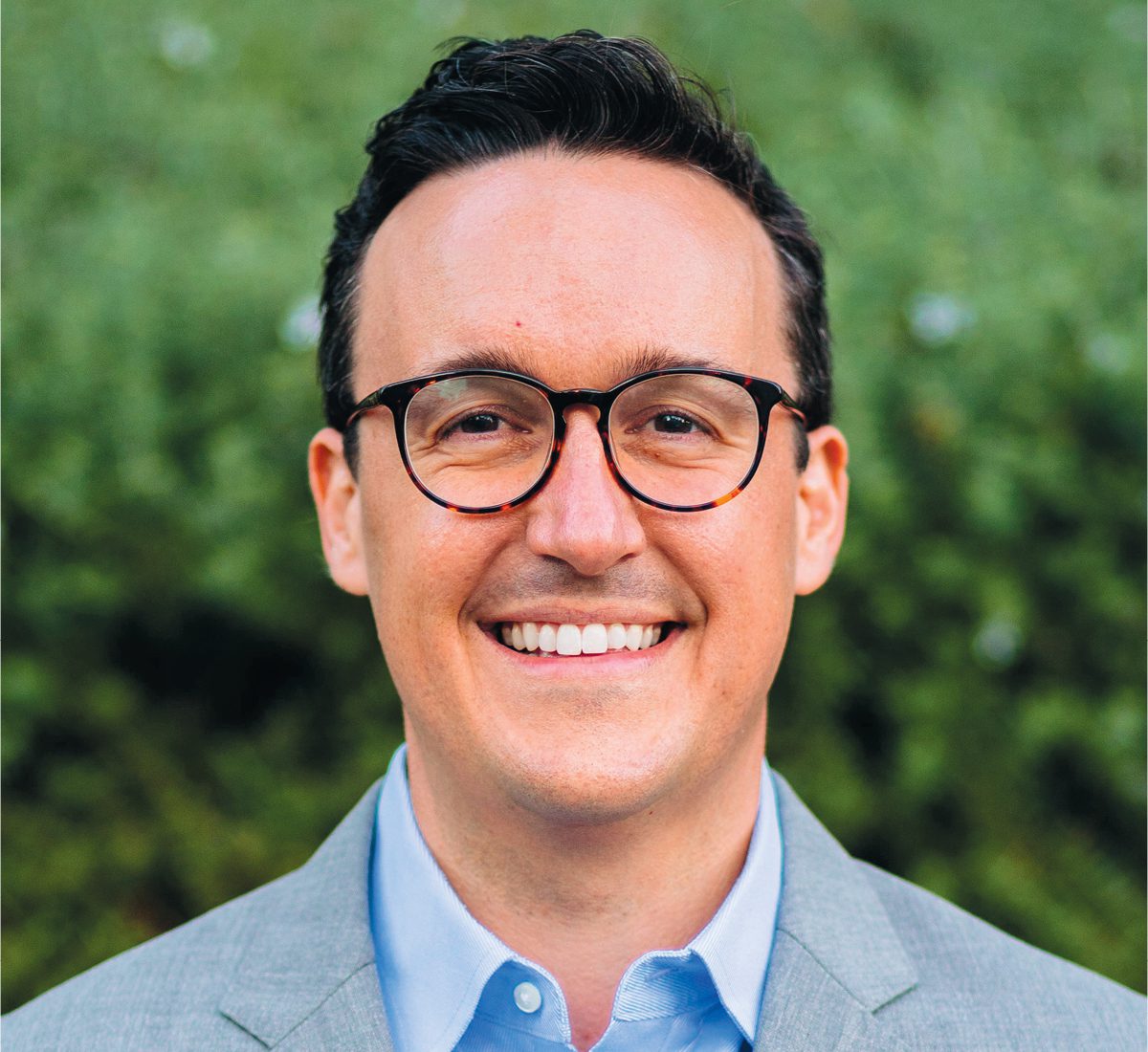
According to the U.S. Department of Housing and Urban Development, more than 35,000 people live on Bay Area streets. Self-proclaimed “homelessness ender” Andrew Hening is seeking to eradicate the crisis.
Over the last decade, Hening has provided frontline outreach in some of the Bay Area’s largest homeless encampments, managed a growing nonprofit, and served in an executive leadership role in local government. He’s now consulting with government agencies in Marin, Sonoma, and San Francisco counties to develop supportive housing as well as strategic frameworks for solving long-term chronic homelessness.
What works, Hening has found, is not another temporary shelter or substance- abuse program but permanent supportive housing for the chronically homeless—those who have gone without housing for over a year and who typically struggle with mental illness, substance abuse, or disability.
Over the last four years, Hening co-led a team that housed over 400 of the most long-term homeless people in Marin County, registering a 28% drop in chronic homelessness from 2017 to 2019. His efforts made the county a nationwide model.
Each chronically homeless person can cost communities $60,000–$80,000 per year in emergency public services. These individuals also tend to die (from chronic health issues, suicide, or overdose) on average 25 years earlier than their housed peers. So Hening’s solution prioritized permanent housing and supportive services for this most vulnerable population.
“From both a community-impact and ethical perspective, this is really the group to focus on,” Hening says.